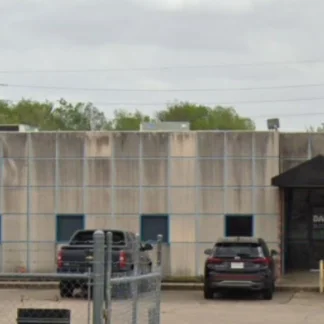Eudaimonia Recovery Homes Houston
Nova Recovery Center - Old Oaks Ranch offers a continuum of care for individuals...
DAPA Family Recovery Programs, located in Houston, Texas, offers alcohol and drug addiction treatment services through an outpatient format. Their service focus on emotional restoration, mental health support, and sustainable recovery.
DAPA Family Recovery Programs offers partial hospitalization, intensive outpatient, and outpatient treatment services.
Partial Hospitalization is a day treatment program that is highly structured, yet allows for the flexibility of returning home in the evening. This program requires that there is no immediate danger that would require inpatient hospitalization. It incorporates clinical treatment practices for addiction such as medications, individual and group therapy, and trauma related counseling. Evidence based approaches such as Cognitive Behavioral Therapy, Dialectical Behavioral Therapy, and Motivational Interviewing are incorporated into the treatment process.
Intensive outpatient is one step down from partial hospitalization. It’s less structured and the amount of time spent receiving treatment each week is reduced. This program is for those who want to continue to move toward traditional outpatient services, but who need to move down slowly. The standard frequency of meetings is generally three times per week, but each program varies and the individual treatment plan for every person varies.
Outpatient treatment programming is a more flexible approach to addiction treatment that is a step down from partial hospitalization programs and intensive outpatient programs. This service provides continued support for addiction recovery through individual therapy, group therapy, and educational classes on addiction and recovery. Medications may be managed and for those in need, trauma support may also be offered. The goal is to continue to move toward a life of recovery and a suitable aftercare treatment plan that allows for reintegration back into society.
Individual therapy creates the space to explore the psychological challenges associated with the addiction. With the help of a professional, individuals are given the space and direction to talk about and process their emotions. Often this includes unresolved trauma, anger, depression, anxiety, and the need for more control or autonomy in life.
Contact us for more information: (713) 783-8889

Connect with DAPA Family Recovery Programs - Guhn Road by calling their admissions team directly.
(713) 783-8889 Website Get DirectionsResearch clearly demonstrates that recovery is far more successful and sustainable when loved ones like family members participate in rehab and substance abuse treatment. Genetic factors may be at play when it comes to drug and alcohol addiction, as well as mental health issues. Family dynamics often play a critical role in addiction triggers, and if properly educated, family members can be a strong source of support when it comes to rehabilitation.
Group therapy is any therapeutic work that happens in a group (not one-on-one). There are a number of different group therapy modalities, including support groups, experiential therapy, psycho-education, and more. Group therapy involves treatment as well as processing interaction between group members.
Group therapy is any therapeutic work that happens in a group (not one-on-one). There are a number of different group therapy modalities, including support groups, experiential therapy, psycho-education, and more. Group therapy involves treatment as well as processing interaction between group members.
Nova Recovery Center - Old Oaks Ranch offers a continuum of care for individuals...
Lifeway International is a private rehab located in Houston, Texas. Lifeway Inte...
Santa Maria Hostel is Texas' largest multi-site residential and outpatient abuse...
Center for Discovery Houston provides outpatient mental and behavioral health ca...